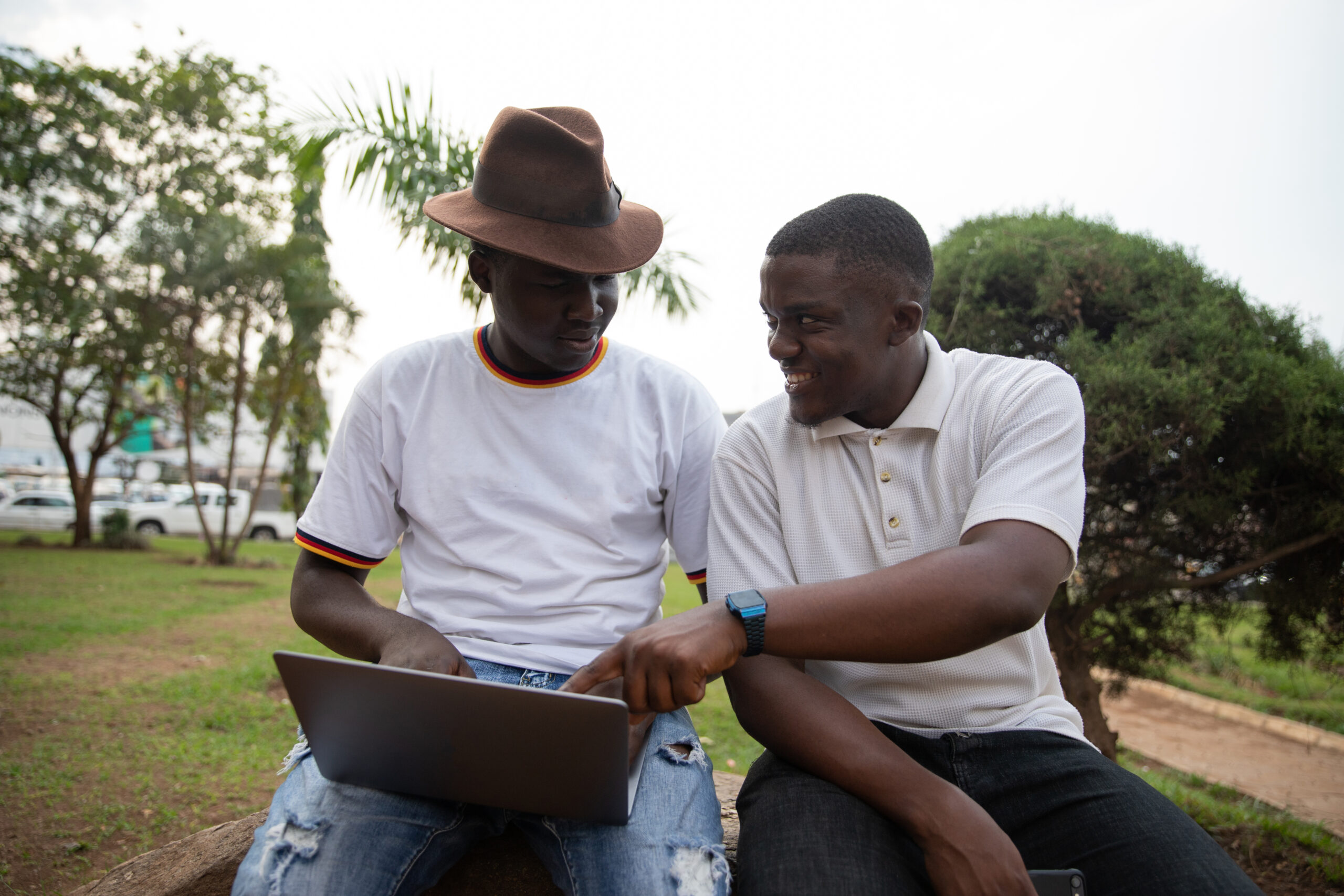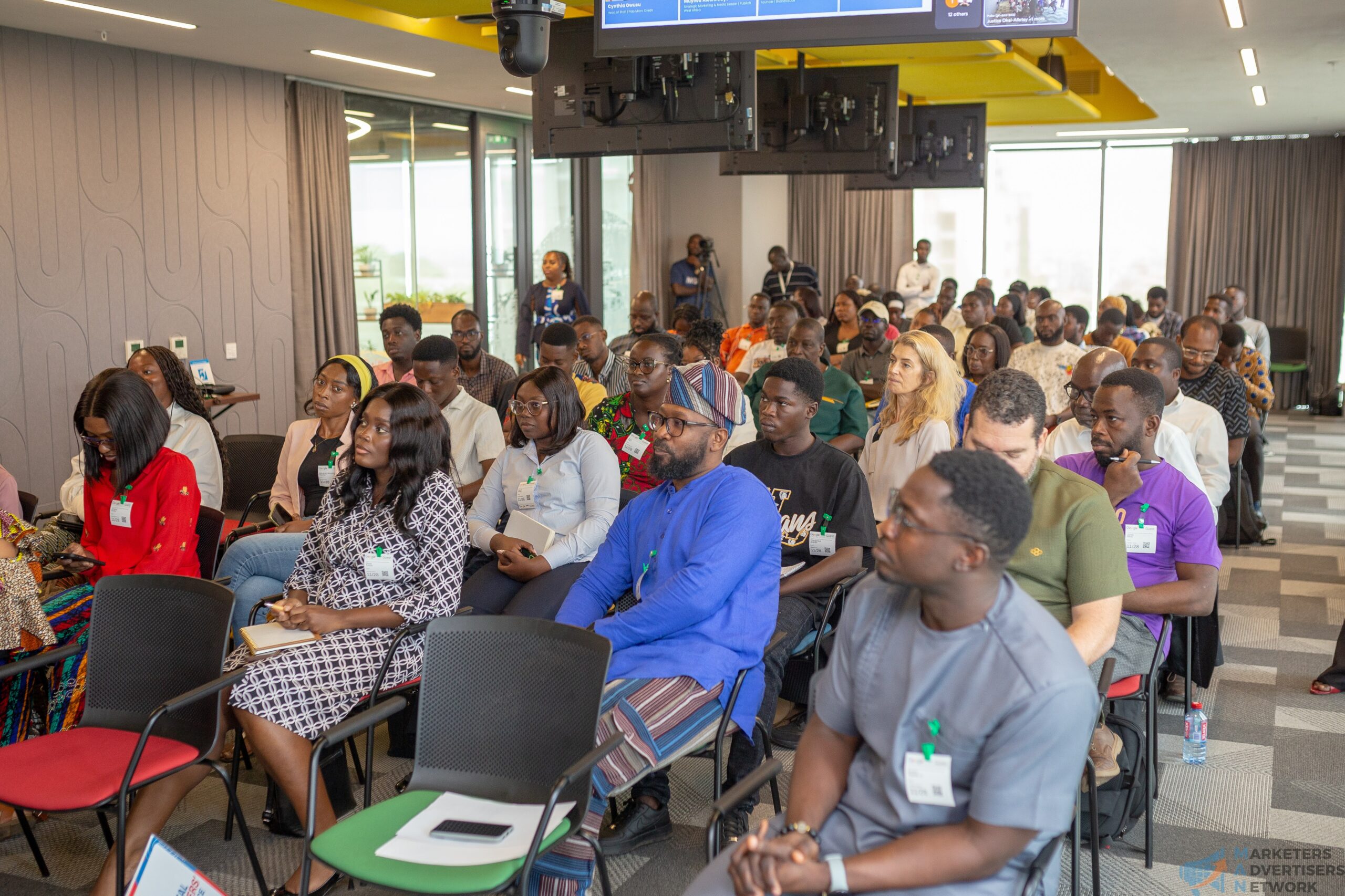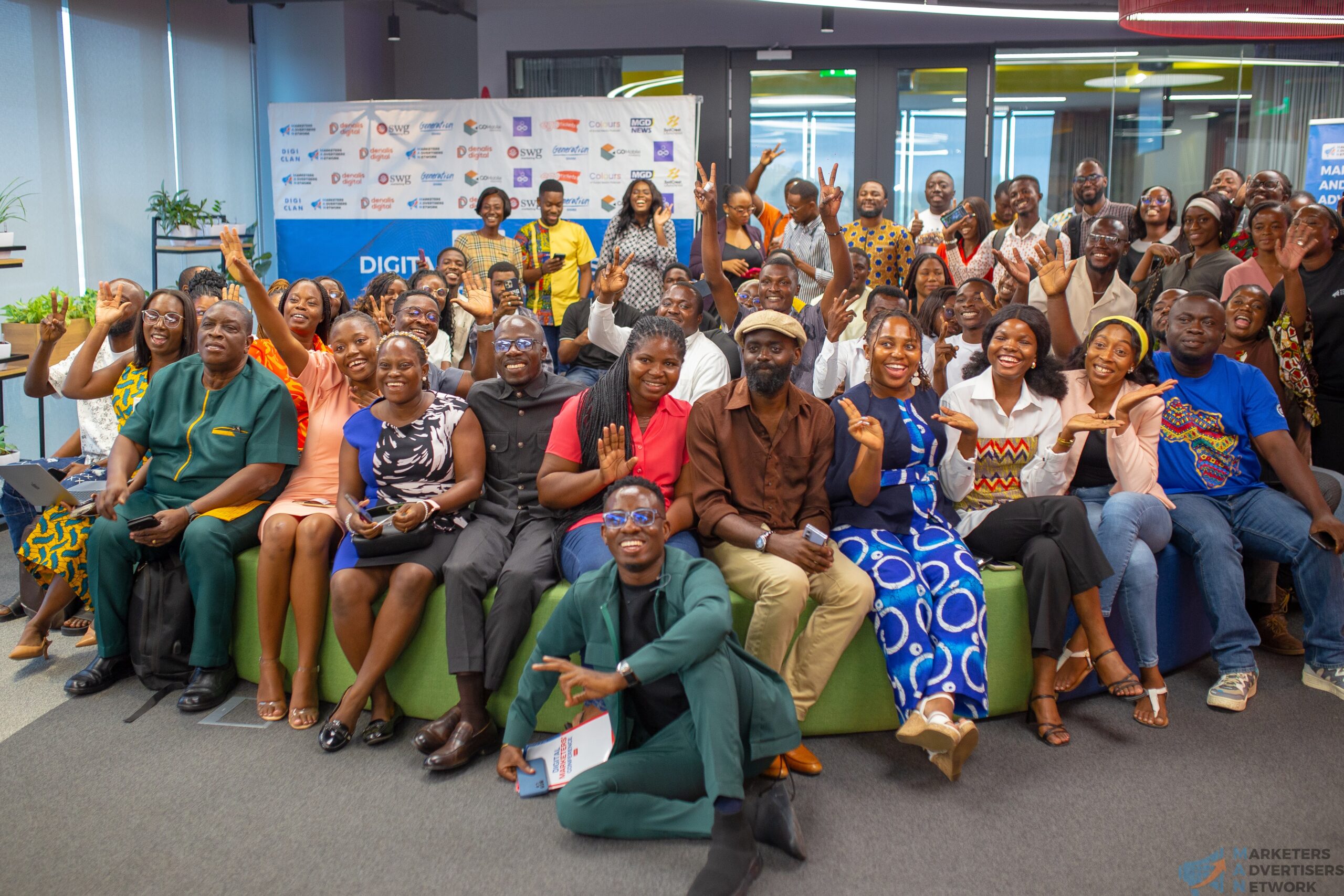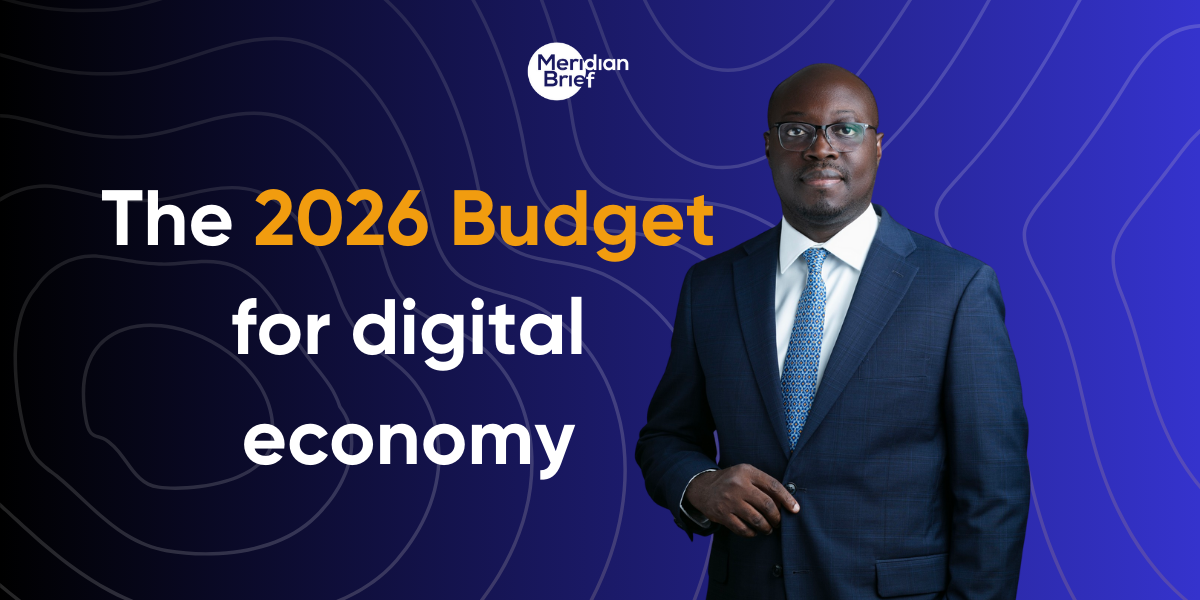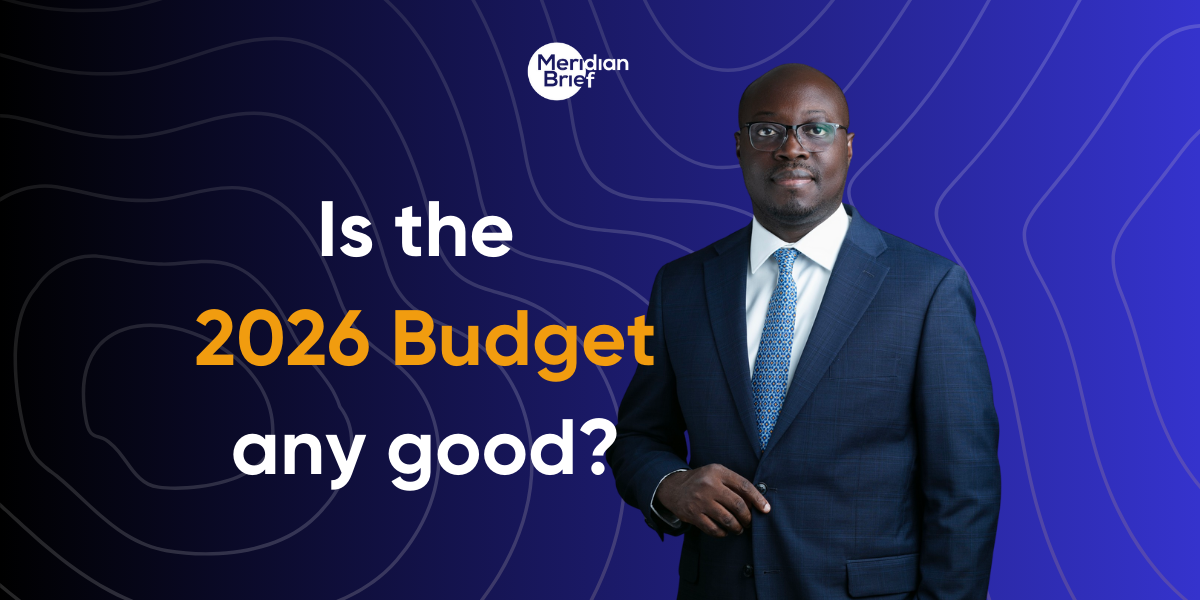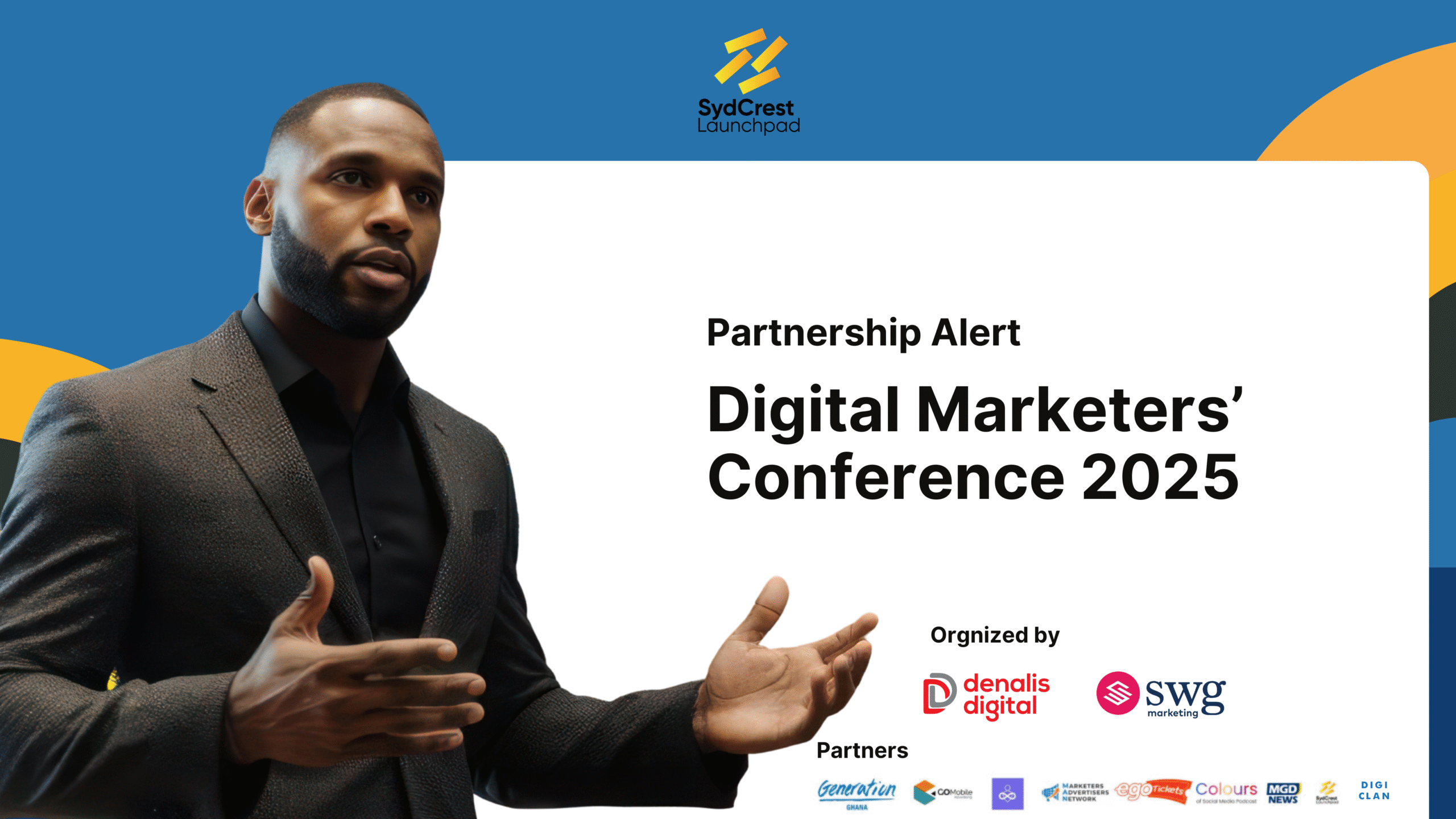Over the past few years, the rise of social media and digital platforms has given birth to a vibrant content creator economy in Ghana. Many young entrepreneurs have embraced the influencer model—leveraging platforms such as Instagram, TikTok, and YouTube—to build personal brands, promote products, and engage large audiences. Public disclosures from notable figures like Wode …
Is Being an Influencer a Sustainable Career in Ghana?

Over the past few years, the rise of social media and digital platforms has given birth to a vibrant content creator economy in Ghana. Many young entrepreneurs have embraced the influencer model—leveraging platforms such as Instagram, TikTok, and YouTube—to build personal brands, promote products, and engage large audiences. Public disclosures from notable figures like Wode Maya, Kwadwo Sheldon, and Jessica OS suggest that influencers can earn substantial incomes. However, the question remains: Is being an influencer a sustainable career in Ghana, or is it merely a temporary trend fueled by novelty and opportunism?
In this article, we explore the multifaceted nature of the influencer career in Ghana, assess its sustainability, examine the economic and regulatory context, and offer recommendations for aspiring content creators. By delving into market realities, monetization strategies, operational challenges, and the overall state of personal finance and digital media in Ghana, we aim to provide a comprehensive view of whether influencer work can be a long-term, viable career path.
The Emergence of the Influencer Economy in Ghana
Digital Transformation and Youth Empowerment
Ghana’s digital landscape has evolved dramatically over the past decade. With increasing internet penetration, rising smartphone ownership, and the growing popularity of social media, young Ghanaians have found new avenues to express themselves and generate income. Influencers—content creators who build personal brands online—have become key players in this transformation.
Initially, influencers emerged as hobbyists or part-time content creators who supplemented their income with side hustles. However, as digital connectivity improved and social media platforms matured, these individuals began to recognize the potential for substantial earnings. Public figures such as Wode Maya have become household names, with millions of followers attracted by their authenticity, creative storytelling, and relatability. Their success has inspired many to pursue influencer careers, often with promises of financial freedom and creative independence.
Economic Incentives and Market Opportunities
The appeal of influencer work in Ghana is not solely based on the allure of fame. For many, it is an economic imperative—a means to overcome challenges such as limited formal employment opportunities and high youth unemployment rates. The traditional job market in Ghana can be restrictive, with many young professionals facing long job searches and underemployment. In contrast, social media provides a relatively low-cost platform for launching a business, one that bypasses many of the traditional barriers to entry.
Influencers earn revenue through various channels, including sponsored posts, affiliate marketing, advertisement revenue, and even direct fan donations during livestreams. Public disclosures indicate that some top influencers reportedly earn between GH¢10,000 and GH¢20,000 per month. However, these figures are often gross earnings and do not account for the costs of maintaining a public persona—a subject we explore in greater detail later in the article.
Key Factors Affecting Sustainability
While the influencer economy in Ghana offers promising opportunities, several key factors determine whether it can be a sustainable long-term career. These include market dynamics, monetization methods, infrastructure, regulatory frameworks, and the inherent challenges of maintaining relevance in a fast-changing digital landscape.
Monetization Challenges and Revenue Volatility
One of the primary challenges facing influencers is revenue volatility. Income from social media can be highly unpredictable, largely dependent on factors such as:
- Audience Engagement: The quality and consistency of an influencer’s audience engagement are critical. Even with a high follower count, fluctuations in engagement—driven by algorithm changes, shifting trends, or audience fatigue—can significantly affect earnings.
- Brand Partnerships: Sponsored content and brand deals form a substantial portion of an influencer’s revenue. However, these deals are often short-term contracts, and their value can fluctuate with broader economic conditions. In times of economic uncertainty, brands may reduce their marketing budgets, directly impacting influencer income.
- Diversification: Successful influencers tend to diversify their income streams. Relying solely on one platform or one form of revenue (such as sponsored posts) can lead to instability. Influencers must continuously innovate and seek multiple monetization avenues, including merchandise sales, affiliate marketing, and livestream donations.
For example, while influencers like Wode Maya enjoy high earnings from brand partnerships, not all emerging influencers are able to secure such lucrative deals consistently. This uneven distribution of revenue underscores the uncertainty that many new influencers face.
High Operational and Maintenance Costs
A successful influencer career is not free from costs. Maintaining a high-quality online presence requires significant investment in equipment, software, and other resources. Some of these costs include:
- Production Equipment: High-definition cameras, lighting, microphones, and editing software are essential for producing professional-grade content. These investments can run into thousands of Ghana cedi and often require regular updates.
- Content Creation Expenses: In addition to technical equipment, influencers must budget for travel, wardrobe, props, and sometimes professional editing or graphic design services. These expenses can be substantial, particularly when creators aim to produce content that stands out in a competitive market.
- Marketing and Promotion: Building and sustaining an audience requires ongoing marketing efforts. Many influencers invest in paid promotions, collaborations, and advertising campaigns to boost their visibility. These costs, though variable, can eat into net earnings.
- Professional Management: As influencers grow in prominence, some opt to hire agents or managers to handle business negotiations, legal matters, and financial planning. Management fees—often a percentage of gross earnings—can further reduce overall profitability.
Thus, while gross earnings might seem attractive, the net income available after accounting for these operational costs may be considerably lower. For many aspiring influencers, understanding the true costs of maintaining a public persona is crucial to evaluating the sustainability of this career path.
Market Saturation and Competition
The rapid growth of the influencer economy in Ghana has led to increased competition. With more individuals vying for audience attention and brand partnerships, market saturation is a real concern. New influencers must not only compete with established figures but also differentiate themselves in a crowded space.
Factors such as niche selection, content quality, and authenticity become critical in such a competitive environment. Creators who fail to evolve or who lack a clear unique selling proposition (USP) risk becoming lost in the noise. Moreover, shifts in social media algorithms or platform policies can disproportionately affect smaller influencers, further exacerbating the challenges of market saturation.
Regulatory and Infrastructure Issues
The regulatory environment for digital media and online advertising in Ghana is still evolving. While laws such as the Electronic Transactions Act and the Data Protection Act provide a framework for digital commerce and privacy, there remains a degree of uncertainty regarding advertising standards, copyright protection, and consumer rights in the influencer space.
Furthermore, the broader digital infrastructure—though improving in urban centers—remains unevenly distributed. Reliable internet access, particularly in rural areas, and consistent electricity supply are essential for high-quality content production and live streaming. Any shortcomings in these areas can disrupt content creation and limit an influencer’s ability to engage their audience consistently.
Longevity and Audience Engagement
The sustainability of an influencer career ultimately depends on the ability to maintain long-term audience engagement. Trends in social media can be fickle, and what is popular today may not hold the same appeal tomorrow. Influencers must continuously innovate, adapt their content strategies, and foster a loyal community to remain relevant over time.
In Ghana, cultural nuances and local tastes play a significant role in shaping audience preferences. Influencers who can tap into these dynamics and offer content that resonates with local values and experiences are more likely to enjoy longevity. However, even those who initially capture public attention may struggle to sustain interest if they fail to diversify their content or expand their brand partnerships beyond a limited range of products and topics.
Case Studies and Real-World Examples
Wode Maya: A Cautionary Tale of Evolution
Wode Maya is often cited as one of Ghana’s pioneering influencers. Known for his travel and lifestyle content, he has amassed millions of followers by sharing authentic experiences and promoting positive narratives about Africa. However, his journey also illustrates the challenges inherent in sustaining an influencer career. Wode Maya has diversified his income through brand partnerships, sponsored content, and even public appearances. While his success is undeniable, it also highlights the necessity of continually adapting to changing market conditions. As audience preferences evolve and competition intensifies, even top influencers must innovate to maintain their relevance.
Kwadwo Sheldon: Balancing Commercial Success and Authenticity
Kwadwo Sheldon has built a strong personal brand by combining humor with insightful commentary on contemporary issues. His earnings from brand deals and digital partnerships have positioned him among the top earners in the sector. Yet, Sheldon’s experience underscores the importance of authenticity. His audience values his genuine voice, and any perceived shift toward overly commercialized content could jeopardize his credibility. Sheldon’s careful balancing act between commercial success and maintaining personal integrity serves as an example of the delicate equilibrium influencers must achieve to remain sustainable over the long term.
Jessica OS: Niche Focus and Steady Growth
Jessica OS represents a segment of influencers who focus on beauty, lifestyle, and motivational content. While her earnings might be modest compared to larger influencers, she has cultivated a loyal following by addressing specific audience needs. By focusing on a niche that resonates with many Ghanaians, Jessica OS has managed to create a sustainable model for growth. Her story illustrates that even without massive follower counts, influencers can achieve stability through targeted content and consistent engagement.
Recommendations for Aspiring Influencers
Based on the factors outlined above, aspiring influencers in Ghana should consider the following recommendations to enhance the sustainability of their careers:
1. Diversify Income Streams
Reliance on a single source of revenue is risky. Influencers should explore multiple monetization methods, including sponsored posts, affiliate marketing, advertising revenue, merchandise sales, and direct fan contributions during live streams. Diversification not only stabilizes income but also mitigates the risk of market fluctuations.
2. Invest in Quality Content Production
High-quality content is the cornerstone of a successful influencer career. Investing in good equipment—such as cameras, lighting, and editing software—is essential. However, creators should also consider cost-effective solutions such as shared spaces at content hubs or collaborative arrangements with other creators to reduce overheads.
3. Maintain Authenticity and Engagement
Audience loyalty is built on authenticity. Influencers must remain true to their voice and ensure that their content reflects genuine experiences and values. Regular interaction with followers through live sessions, Q&A segments, and behind-the-scenes content can foster deeper engagement and build a robust community that supports long-term career sustainability.
4. Monitor and Adapt to Market Trends
The digital landscape is constantly evolving. Staying abreast of emerging trends, such as new social media platforms or shifts in consumer preferences, is crucial for long-term success. Influencers should regularly analyze engagement metrics and adjust their content strategy accordingly. Flexibility and the willingness to experiment with new formats or collaborations can help maintain relevance in a competitive market.
5. Manage Operational Costs
While striving for high-quality content, it is essential to keep a close watch on operational costs. Budgeting for equipment, production, and marketing expenses—and seeking ways to minimize these costs without compromising quality—will help maximize net earnings. Collaborative initiatives such as sharing studio spaces or forming creative collectives can reduce individual expenses and foster a supportive environment.
6. Engage with Professional Networks and Mentorship Programs
Building a strong professional network can provide critical support in navigating the challenges of the influencer industry. Aspiring influencers should seek mentorship from established figures who have successfully balanced creative expression with commercial success. Networking events, industry workshops, and online forums can offer valuable insights, opportunities for collaboration, and guidance on best practices.
7. Understand the Regulatory Landscape
As the regulatory framework for digital commerce and online advertising evolves, it is imperative for influencers to remain informed about legal requirements and guidelines. Familiarity with laws related to advertising standards, intellectual property, and data protection is essential to avoid legal pitfalls. Influencers who engage with regulatory bodies or industry associations can help shape policies that support the creative community while ensuring consumer protection.
Challenges to Sustainability
Despite the promising prospects, several challenges remain that could hinder the long-term sustainability of an influencer career in Ghana:
Economic Volatility and Brand Dependence
The earnings of influencers are closely tied to the overall economic climate and the marketing budgets of brands. In times of economic downturn or market uncertainty, companies may scale back on sponsorship deals, directly impacting influencer income. Additionally, heavy reliance on a few major brand partnerships can be risky if those relationships falter.
Market Saturation and Changing Algorithms
As more individuals pursue influencer careers, the market becomes increasingly saturated. Competition for audience attention intensifies, and the constant changes in social media algorithms can disrupt engagement levels. Influencers must continuously innovate and refine their strategies to stay visible in an ever-changing digital environment.
Burnout and Sustainability of Content Creation
The pressure to produce high-quality content consistently can lead to burnout. Many influencers report that the demands of maintaining a constant online presence—combined with the need to manage brand deals, community engagement, and personal life—can be overwhelming. Sustaining creativity over the long term requires robust personal and professional support systems, as well as a healthy work-life balance.
Limited Infrastructure in Non-Urban Areas
While urban centers such as Accra offer advanced digital connectivity and modern facilities, many parts of Ghana still face infrastructural challenges. In rural areas, unreliable internet access, inconsistent electricity, and limited technical support can hinder content creation and the ability to engage a wider audience. This disparity may restrict the pool of potential influencers and limit the overall growth of the digital content ecosystem in the country.
Real-World Examples and Public Disclosures
Public disclosures provide a window into the earnings and challenges of established Ghanaian influencers. Figures reported in local media indicate that top influencers like Wode Maya and Kwadwo Sheldon have reached monthly earnings in the range of GH¢15,000 to GH¢20,000 from sponsored posts and brand deals. However, these figures do not account for operational costs, which can reduce net income considerably. Jessica OS, for instance, reportedly earns around GH¢10,000 per month, but must reinvest a significant portion of her revenue to maintain production quality and engagement.
These cases illustrate that while some influencers achieve impressive gross earnings, the net income available for long-term sustainability depends on a careful balancing act between revenue generation and cost management. The variability in earnings underscores the importance of diversification and continuous adaptation to maintain a viable career over time.
Conclusion: Is Influencing a Sustainable Career?
The question of whether being an influencer is a sustainable career in Ghana does not yield a simple answer. On one hand, the digital revolution has opened up new avenues for creative expression and income generation, offering young Ghanaians the opportunity to build personal brands and bypass traditional employment barriers. On the other hand, the influencer industry is characterized by volatility, intense competition, high operational costs, and reliance on external factors such as economic conditions and brand spending.
For many, the influencer career is currently a viable side hustle that can generate supplementary income. However, transforming this into a full-time, sustainable career requires a strategic, multifaceted approach. Influencers must diversify their revenue streams, invest in quality content production, continuously engage their audience, and manage costs prudently. Additionally, staying informed about regulatory changes and adapting to market trends is critical for long-term success.
Ghana’s content creator ecosystem is still evolving, and while established influencers have demonstrated the potential for significant earnings, many emerging creators face an uphill battle to achieve similar levels of success. Infrastructure gaps—particularly in non-urban areas—and regulatory uncertainties add layers of complexity that must be addressed through collaborative efforts among the private sector, government, and industry associations.
In conclusion, being an influencer in Ghana holds promise as part of the broader content creator economy, yet it is not without its challenges. Sustainability hinges on the ability of influencers to innovate, adapt, and diversify their income streams while navigating the competitive and sometimes unpredictable digital landscape. For those who can balance creativity with sound business practices, the influencer model may offer a rewarding career. However, aspiring influencers should be aware of the inherent risks and prepare for a journey that requires continuous learning, strategic partnerships, and a relentless focus on maintaining authenticity and quality.
As Ghana continues to experience digital transformation, the influencer economy is likely to expand, offering new opportunities for economic empowerment and creative expression. With supportive policies, improved infrastructure, and an increasing focus on digital literacy, the prospects for a sustainable influencer career in Ghana will undoubtedly improve. Ultimately, success in this field will depend not only on individual talent and perseverance but also on the ability to adapt to an ever-changing environment—ensuring that the promise of digital influence can evolve into a lasting and viable career path.
Subscribe to MDBrief
Clean insights, a bit of sarcasm, and zero boring headlines.





